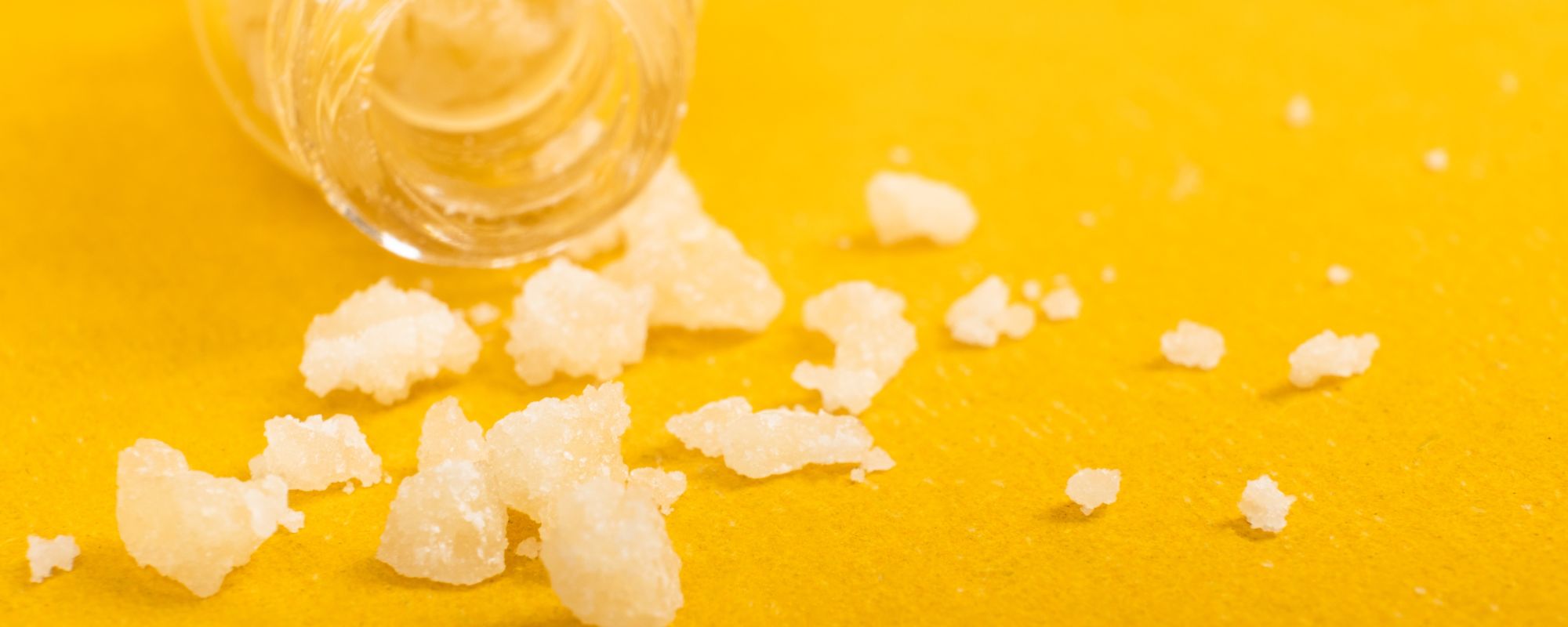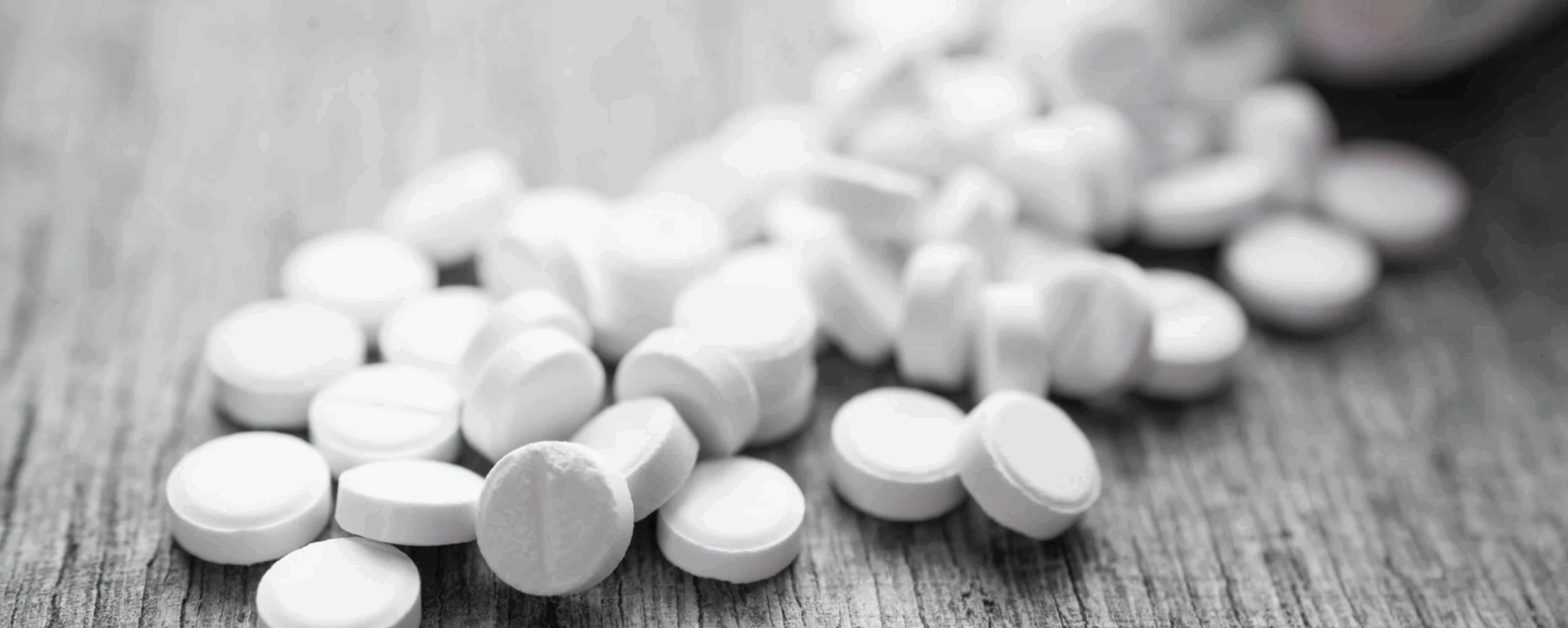As a popular party drug, whippets are often discussed in a light-hearted and playful manner. What many people do not realize, however, is that inhalants like whippets can actually be quite dangerous for those who use them.
If you are considering experimenting with whippets, it is important to know exactly what this entails and the potential side effects of inhalant abuse.
What Are the Drug Whippets?
Whippets are inhalants that are typically made by misusing the nitrous oxide inside of whipped cream canisters. Medically, nitrous oxide is used for pain relief, usually in a dentist’s office, and is often referred to as “laughing gas.”
Recreationally, a person will usually cover themselves and a closed source (usually a whipped cream can) with a bag before inhaling these fumes. This cuts off the oxygen supply to the brain and slows down the system, creating a sense of euphoria and weightlessness.
Because whippets produce a very short-lived high, many people will do multiple “huffs” of this whipped cream drug to prolong their effects. This is usually done under the misguided idea that whippets are a “safe” alternative to abusing more intense inhalants.
Unfortunately, this could not be further from the truth. In reality, inhalant abuse of any kind, including the use of whippets, can have serious adverse side effects. Being aware of the potential consequences that come with whippets can help keep yourself and your loved ones safe.
Why Are Inhalants Dangerous?
Inhalants of any kind, including whippets, are dangerous because they can cause a wide range of health problems, including both short-term and long-term effects. Some of the short-term effects of inhalants include:
- Dizziness
- Slurred speech
- Lack of coordination
- Hallucinations
- Nausea and vomiting
- Headache
- Chest pain
- Seizures
- Coma
- Death
In addition to the various short-term side effects doing whippets can have, there are also many long-term effects that can occur if this behavior continues, such as:
- Liver and kidney damage
- Heart problems
- Brain damage
- Hearing loss
- Bone marrow damage
- Nerve damage
- Muscle spasms
- Delayed behavioral development
Inhalants are particularly dangerous for young people because their brains are still developing., and using inhalants can cause disruptions and damage to this development, leading to long-term learning and behavioral problems.
Some of the more severe side effects that can occur when doing whippets or participating in other forms of inhalant abuse include:
- Sudden sniffing death: This is a rare but serious condition that can occur when someone inhales a high concentration of inhalants. It can cause the heart to stop beating, even in young people who are otherwise healthy.
- Suffocation: If someone inhales inhalants in a closed space, they can suffocate from a lack of oxygen. This is especially dangerous if they are using a bag or other container to concentrate the inhalants.
- Injuries: People who are under the influence of inhalants may be more likely to have accidents or injuries. They may also engage in risky behaviors, such as driving under the influence or jumping off high places.
- Addiction: Inhalants can be addictive, and people who use them regularly may develop a dependence on the drug. This can lead to problems in their personal and professional lives, as well as in their physical and mental health.
With so many potential adverse effects that can occur when misusing nitrous oxide and inhalants, experimenting with whippets, even just once, is never a good idea.
Are Whippets Addictive?
Nitrous oxide is not physically addictive in the same way that some other drugs are, such as opioids or alcohol. However, it can be psychologically addictive, meaning that people can crave the feeling of the high and continue to use whippets even if they are experiencing negative consequences.
This risk is increased for younger individuals, as well as those who have a family history of addiction, stressful living conditions, or underlying mental health issues. With that being said, addiction is not limited to those who fall into these categories, meaning anyone is capable of developing this condition if they are abusing inhalants.
Reach Out For Help With Whippets
Are you or a loved one struggling with inhalant abuse?
Royal Life Centers at Puget Sound is here to help you recover. Because we care.
What Are the Signs and Symptoms of Nitrous Oxide Abuse?
Many people don’t know what whippets are and don’t understand the side effects of nitrous oxide abuse. For this reason, it is important to know how to recognize the signs of whippet addiction to keep yourself and your loved ones safe. Some of the signs and symptoms of whippet addiction include:
- Using whippets excessively, even when it is causing problems in your life.
- Feeling cravings for whippets.
- Spending a lot of time and money on whippets.
- Neglecting other responsibilities or interests in order to use whippets.
- Continuing to use whippets even after experiencing negative consequences, such as health problems or relationship problems.
If you are concerned that you or someone you know may be addicted to whippets, it is important to seek professional help. Addiction treatment can help you understand and overcome your addiction and develop healthy coping mechanisms.
Drug Abuse Treatment at Royal Life Centers
Treatment for inhalant abuse typically involves a combination of medical and behavioral therapies. Medical treatment may be necessary to manage any immediate health risks, such as withdrawal symptoms or organ damage. Behavioral therapies can help you understand your addiction, develop coping skills, and prevent relapse.
At Royal Life Centers, we provide all of these services and more to make sure you are receiving the best and most comprehensive care possible during your recovery process. At Puget Sound, our inpatient addiction treatment center in Sumner, Washington, guests begin treatment in medical detox and transition into residential treatment. During these higher levels of care, guests participate in intensive, research-based therapies. In doing so, they can uncover the underlying reasons behind their substance abuse. Following this, guests can continue receiving care in our aftercare and outpatient treatment. To ensure we can meet all of your treatment needs, we offer a full continuum of care.
We understand that making the decision to get professional help can be scary. That’s why we make sure to work with our clients every step of the way on their recovery journey. If you are ready to start working toward a happier, healthier life, call us at 877-RECOVERY today. Our admissions team is available 24/7 to help you learn more about how our treatment programs can help you.






